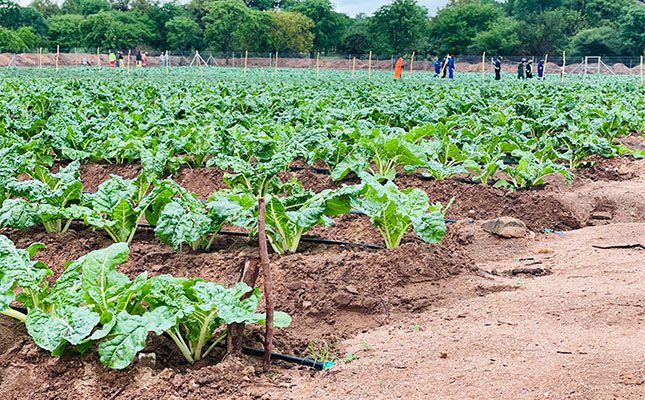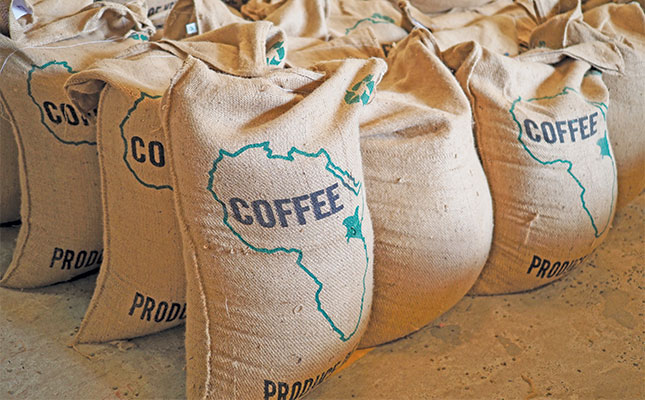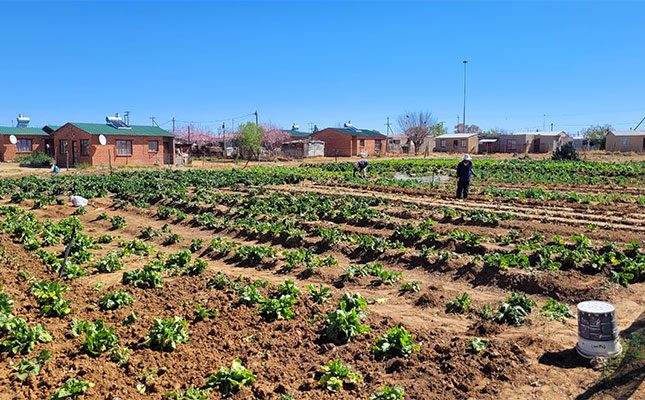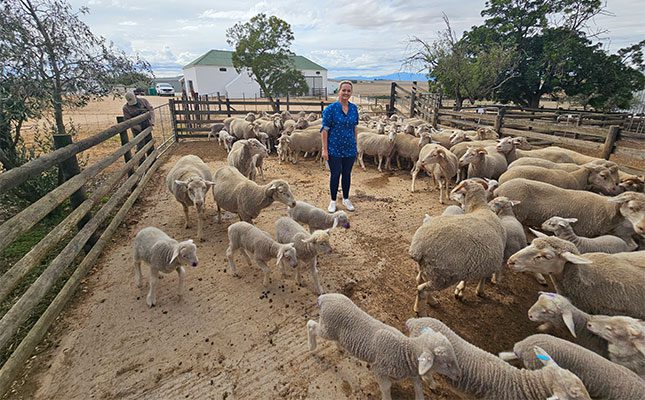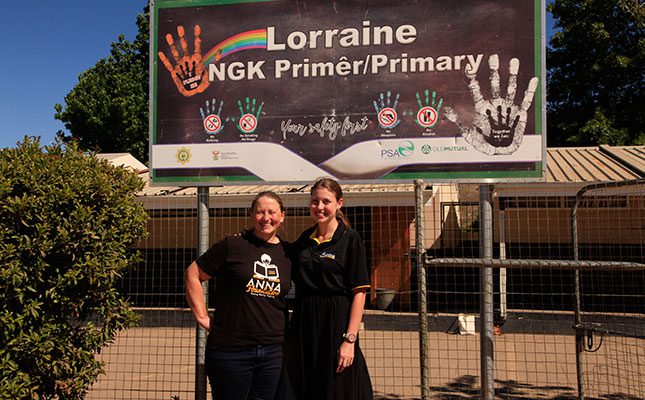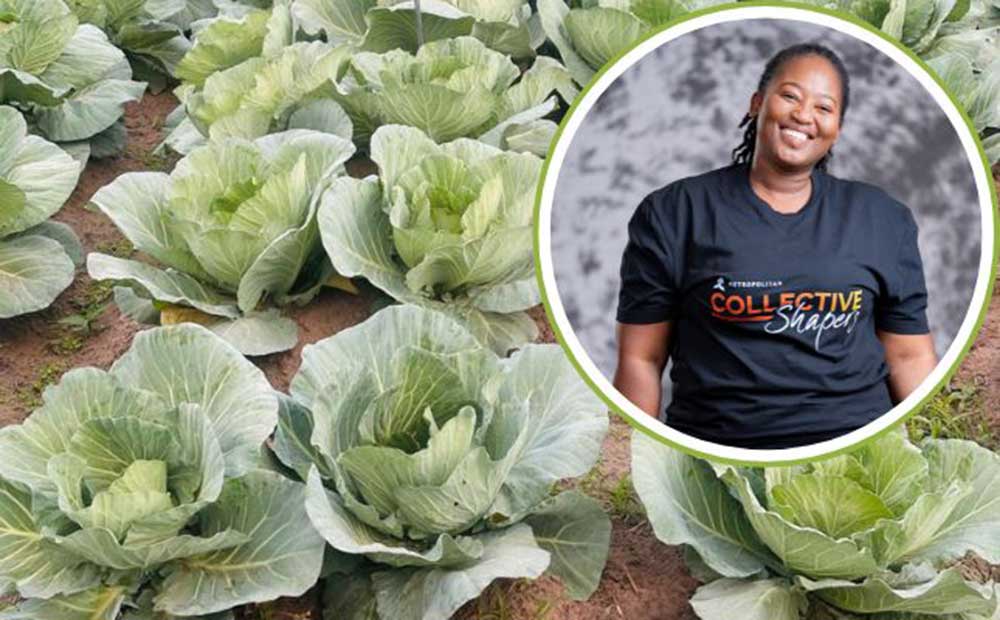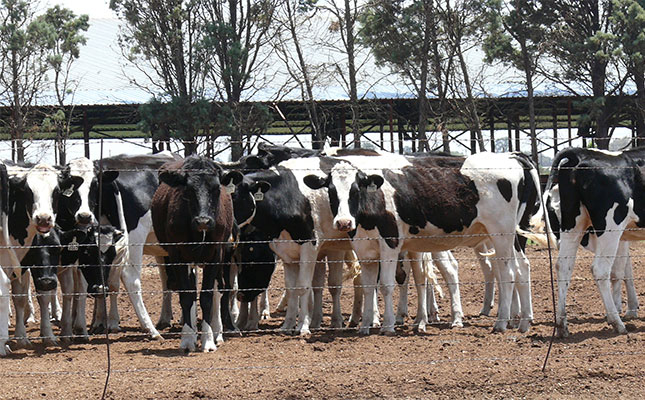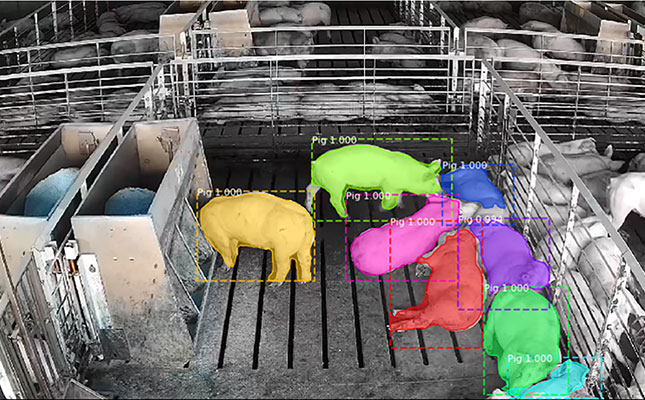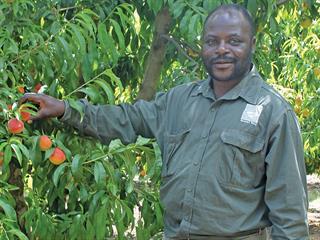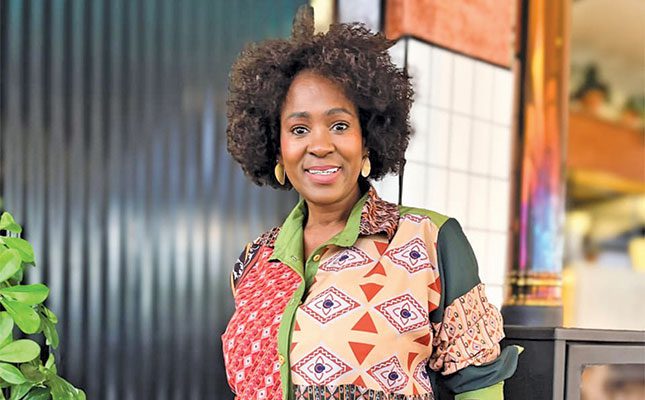
With financial support from the Eastern Cape Rural Development Agency (ECRDA) in the form of a loan, Mabona is well on her way to becoming a substantial mover and shaker in South Africa’s textile industry.
She says the ECRDA’s support has helped get her business off the ground and allowed her to pursue her ever-growing ambitions.
Background
Mabona’s journey into textile design came after she lost her job in 2010.
“I went into a deep depression after that,” she says. “I didn’t know what I was going to do. My [now] late mother kept saying to me that I’m so good with my hands and so good at creating and developing things. This helped me get out of my depression and launch my new career.”
Mabona graduated with a diploma in fine art in 1996 but says it was difficult to sell her artwork.
“The only way artists sell their artworks is by putting them up in a gallery. And then [the art] just hangs there; it might not even get sold,” she says.
It was this hurdle, and the help of her mother, which drove Mabona to explore other ways to get her artwork out into the world.
“In 2010, South Africa hosted the Soccer World Cup. People streamed into South Africa for the tournament, but tourists couldn’t really buy anything they could show came from South Africa,” she says.
Mabona seized this opportunity by printing her own T-shirts with African flair.
“One of the shirts had the world cup mascot with the slogan ‘SA rocks’.”
This T-shirt, along with other branded ones Mabona printed, did remarkably well.
In 2013, she established her company, Buzwe Bethu Trading and Construction Projects.
South African identity
Mabona says she has always wondered why, despite South Africa being home to so many different cultures, there are very few, if any, commercially available garments that represent South Africa.
“Shweshwe, which has become a well-known fabric in South Africa, is actually not from South Africa,” she explains.
Indeed, it was introduced into South Africa by European settlers in the 1800s, and while it has become very popular with various cultures here, it isn’t a true South African creation, she adds.
“I set out to try to understand why our local textile prints aren’t as prominent as those in, say, West African countries.”
It was at this point that Mabona decided to create fabric with South African flavour that represents the numerous cultures that exist in the country.
“We make skirts, dresses, and even shoes,” she says.
Mabona sends a sample of the fabric needed to a weaver in Durban, KwaZulu-Natal, which then weaves the required fabric.
“We use all kinds of fabric, but it is all a cotton blend of some type,” she adds.
The fabric is then sent back to Mabona, who designs the pattern to be printed onto it using her own printing machine.
From this, she and her team create garments, usually on order from clients.
Work ethic
In 2013, with the help of the Department of Trade, Industry and Competition, Mabona went to China, where she learnt how to make garments, including shoes.
“I was there for eight months, came back to South Africa for a few months, and then went back for another eight months.
“I learnt about pattern making, sewing, making shoes, and understanding the Chinese work ethic,” she says.
When she returned to South Africa, Mabona says she was determined to help the youth understand the importance of building themselves up and establishing a work ethic.
“Part of this is getting the youth to understand that as an artist, you don’t only have to sell your artwork in a gallery.
There are other ways to make money from your talent; get out there and put your artwork onto something you can sell.”
Mabona is passionate about teaching young artists and graduates about the opportunities awaiting them in the textile industry.
She currently partners with Lovedale TVET College in its workplace programme. In this way, she can pass on her expertise to young artists.
Mabona still travels to China on an annual basis to keep up with the changes in the fashion industry.
Weaving
The ever-ambitious entrepreneur, Mabona’s next step is to establish her own weaving plant.
“Growing hemp is a major venture at the moment. That hemp needs to be processed and then woven into fabric. I want to be able to provide that service,” she says.
Mabona currently employs around six permanent staff members and hires temporary staff when required.
She’s passionate about fabric design and weaving, and looks forward to a time when her weaving plant will be fully operational.
For more information phone Nobuzwe Mabona on 079 157 7376.

